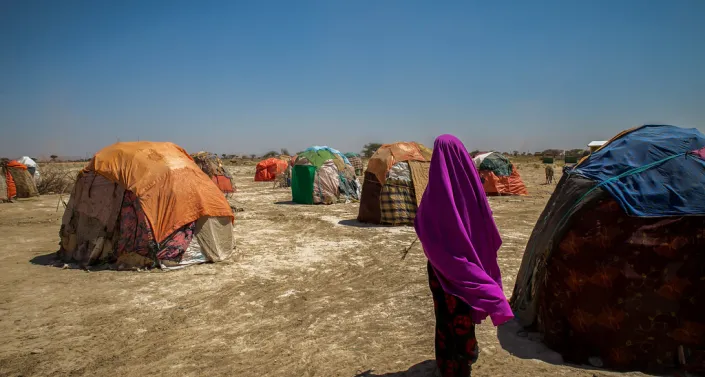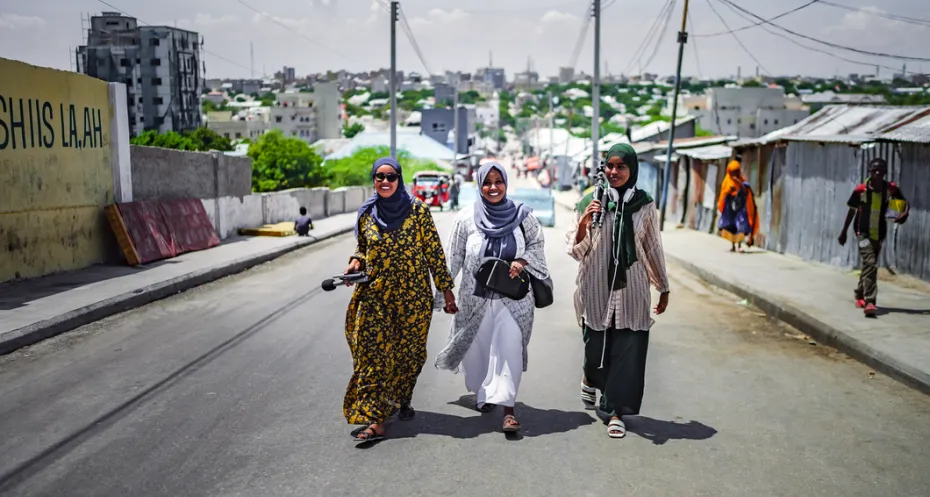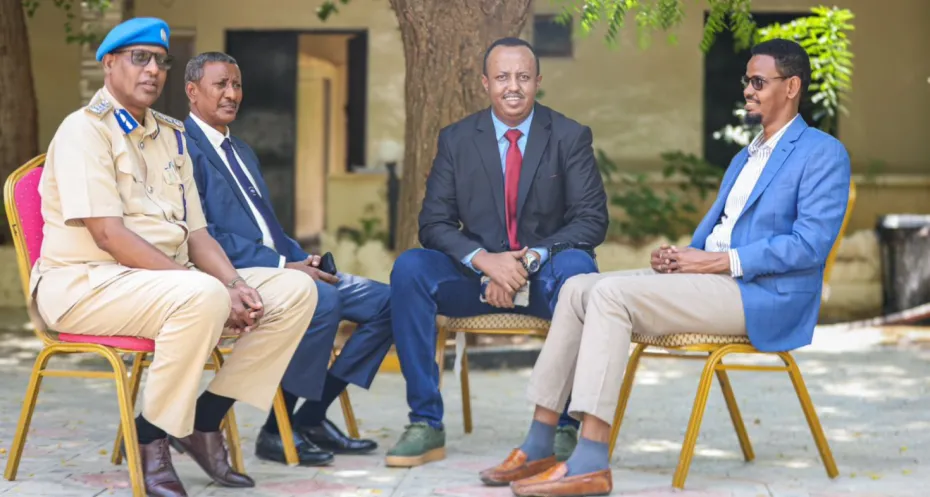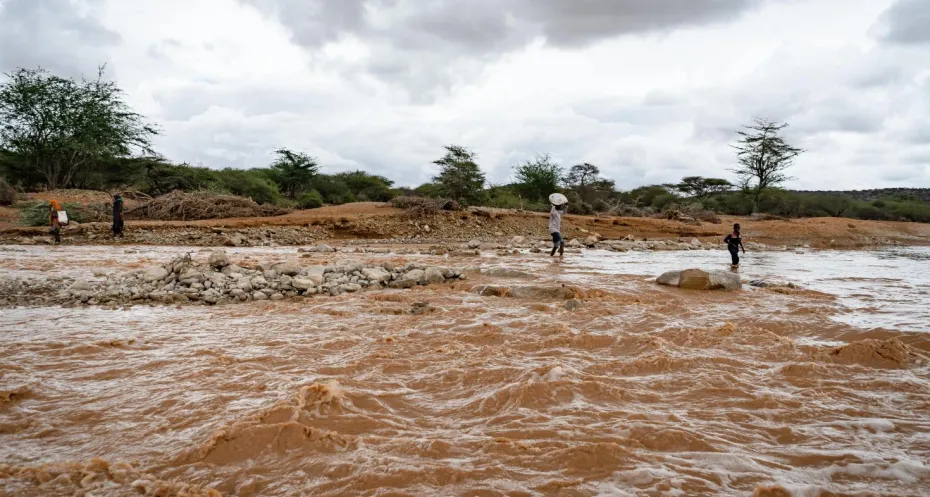
Somalia
Somalia is one of the most dangerous countries for working in the media. Journalists regularly face intimidation, threats and violent attacks. The degree of censorship has also increased enormously and media professionals are arbitrarily arrested. Despite the wide media presence, Somali journalists have only a low level of professionalism and lack a favourable working environment. In addition, a lot of fake news is spread. The country is ranked 141 on the RSF Press Freedom Index.
The dangerous political crisis in Somalia creates an extremely unstable environment. With terrorist attacks taking place regularly, journalists risk their lives while going out to report.
Spread of misinformation
The Covid crisis has shown that journalists tend to focus on political issues rather than social events that affect people's daily lives. The main causes of this are the lack of professionalism in journalistic ethics, skills and knowledge, and the lack of a favourable media climate. The pinnacle of this is the frequent practice of paid journalism, which is referred to as "sharuur" in Somalia. The biased nature of sharuur leads to the spread of misinformation. In addition, a repressive media law was approved by parliament in 2020, which various organisations have subsequently opposed. As a result, improvements have been made to the bill.
Safety of journalists
With more than 50 media workers killed since 2010, Somalia remains the most dangerous country for journalists in Africa. Corruption and political violence get in the way of the freedom to provide information in Somalia. Much of the country is owned by regional governments that barely recognise the authority of the central government.
Our work in Somalia
The Media Association of Puntland (MAP) promotes press freedom in Puntland regions and defends the right of journalists to report the news without fear. It is Free Press Unlimited’s partner in a programme that supports media and journalists in their reporting on disasters. Together we brought 15 journalists from the two districts Gardho and Garowe together, and gave them training on their critical role within Disaster Risk Management. The training made it clear that the media’s role is not only to report on disasters, but also holding the authorities accountable for their role in it.
In 2023 we also started a two year long project focused on building an independent sustainable media sector, and strengthening resilience to disinformation in Somalia.



